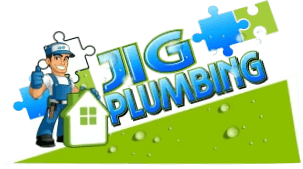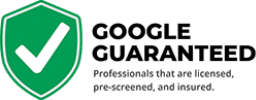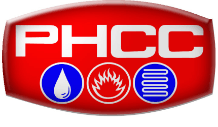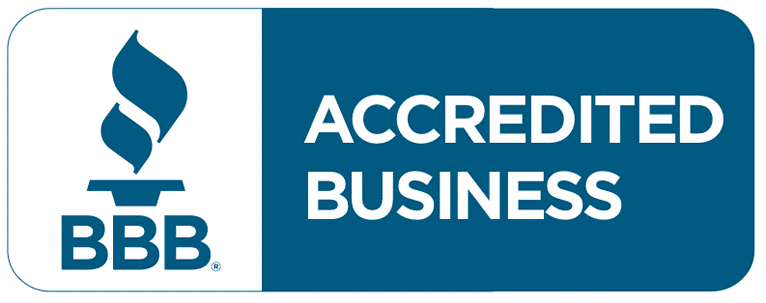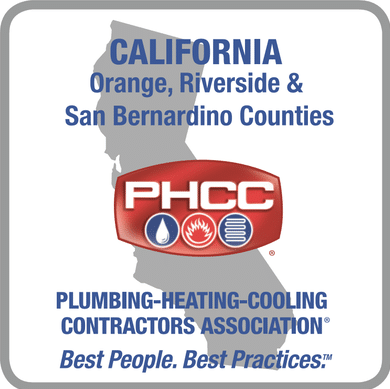Keep Your Chino, CA Plumbing System Flowing
Clogged drain pipes are a nasty yet typical problem with modern plumbing systems. Grease, food, hair, soap scum, and other debris can all accumulate in your drainage lines. As this happens, the diameter of the usable pipe space decreases, hindering the flow of water. This results in bubbling and/or slow drainage. Although there are many drain cleaners for sale in stores and online, sometimes they are not powerful enough to break through the buildup, and hiring a plumber becomes necessary.
Want to keep your drains clean and clear? Check out our preventative maintenance plans!
If you need drain cleaning in Chino, CA, reach out to the professionals at JIG Plumbing. We can eliminate whatever is clogging your drains and help you enjoy a fully functional residential plumbing system. Call 909-280-4331 to get started.
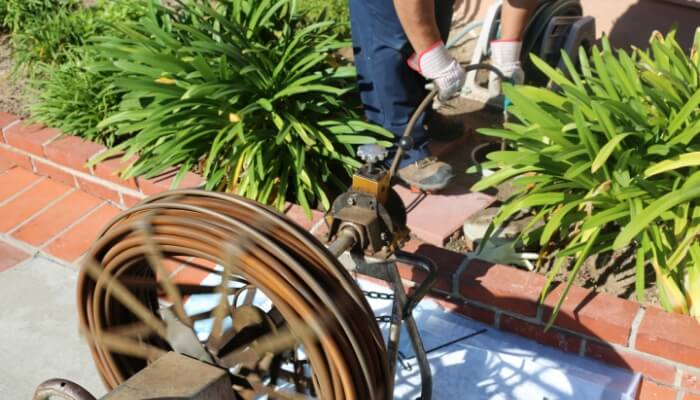
Drain Cleaning FAQs
The cost of professional drain cleaning can vary depending on several factors, but typically ranges from $100 to $400. Basic drain snaking or cable rooter services for a clogged sink or tub drain usually start around $100 to $200. More extensive drain cleaning services, such as hydro-jetting to clear major blockages in sewer lines, can cost $300 to $600 or more. The severity of the clog, the length of the drain line, and the specific cleaning method required will impact the overall cost. Some plumbers may charge a flat rate, while others bill by the hour plus materials. It's always a good idea to get quotes from several reputable plumbing companies to ensure you're getting a fair price for professional drain cleaning services.
You should have your drains professionally cleaned at least once a year to ensure they remain clear and functional. Regular cleaning helps prevent buildup of debris, grease, and mineral deposits that can lead to clogs and slow drainage. If you have older pipes or experience frequent blockages, you might consider bi-annual cleanings. Regular maintenance can help identify potential issues early, preventing plumbing emergencies and extending the lifespan of your plumbing system. Always consult with a professional plumber for advice.
To prevent your drains from becoming clogged, follow these essential steps. Regular maintenance and mindful habits can keep your pipes clear and functional:
- Use drain screens to catch hair, food particles, and debris.
- Dispose of grease and oil in a separate container, not down the drain.
- Avoid flushing non-degradable items like wipes and feminine hygiene products.
- Run hot water through the sink after each use to clear residue.
- Clean drain stoppers regularly to remove buildup.
- Avoid overloading the garbage disposal with large food scraps.
- Schedule regular maintenance with a professional plumber.
Yes, regular drain cleaning can help prevent plumbing emergencies by keeping your pipes clear of debris and buildup that can cause blockages. Routine maintenance ensures that any potential issues are identified and addressed before they escalate into major problems. This proactive approach reduces the risk of overflowing sinks, backed-up toilets, and other plumbing disasters. By investing in regular drain cleaning, you maintain the efficiency and longevity of your plumbing system, ultimately saving time, money, and stress associated with unexpected repairs.
Signs that you need drain cleaning can vary, but some of the most common indicators include:
- Slow draining sinks
- Gurgling noises from drains
- Foul odors coming from your plumbing
- Standing water in sinks or tubs
- Frequent clogs
- Multiple drains backing up simultaneously
If plunging or over-the-counter solutions aren't effective, it's likely time for a professional drain cleaning to prevent more serious blockages and potential water damage.
Why Do I Need Drain Cleaning?
Flushing inappropriate items down the toilet—such as hair, feminine hygiene products, baby wipes, and excessive amounts of toilet paper—can lead to clogged drain lines. These clogs often manifest as slow-draining sinks, bathtubs, and showers. Additionally, toilets that bubble upon flushing or have water seeping from beneath may indicate blockages. To prevent such issues, it's essential to avoid flushing non-flushable items and to perform regular maintenance. For more detailed guidance on preventing and addressing clogs, refer to This Old House's comprehensive guide on clearing clogged drains.
In the kitchen, pouring fat and grease down the sink can cause drainage issues. While many fats are liquid when heated, as they cool down, they harden. Add to this coagulated fat baby wipes, kitty litter, and any other debris you flush down the toilet, and you're left with a "fatberg." A fatberg has a core of grease or oil, with non-biological waste — like tampons, condoms, and baby wipes — surrounding its core. Left unattended, fatbergs continue growing until they totally block the pipe and render it useless.
Aside from fatbergs, tree roots can cause drain pipes to clog. Roots are attracted to the warm moisture that emanates from your pipes and try to grow close to them. With time, roots can wrap themselves around pipes and choke them out.
How Can I Prevent Clogs In My Drain?
There are several ways that homeowners can lessen the likelihood of clogs in their pipes. Ensuring that there is some kind of cover on your drain is the first step in keeping pipes clog-free. If you use the dishwasher, make sure to scrape leftovers into the trash before putting dishes in your machine. Similarly, even if you have a garbage disposal, it's a good idea to dump food in the trash; leave the disposal for smaller pieces of food that may have missed the trash can.
An ounce of prevention is worth a pound of cure, and periodically cleansing your drain lines can prevent buildup accumulation. Cleaning your drains is easy. Simply pour boiling water down the drain a few times each month. You can also pour eight ounces of white vinegar down the drain, let it sit for half an hour, and then pour two quarts of boiling water down the drain to flush it out. For more expert tips on maintaining clear drains, refer to Bob Vila's guide on homemade drain cleaners.
Can I Unclog Pipes On My Own?
While a plumber may be needed for some drain cleaning services, there are other, more simple fixes that can be done at home. If your bathroom sink is draining slowly, straighten out a wire hanger and bend one end into a hook. Slide the end with the hook down the drain, and wiggle it around. As you encounter resistance, gently pull up the hanger. You'll likely find black clumps of scum, buildup, hair, and other unpleasantness, so gloves and a nearby trashcan are essential.
If your toilet is clogged, a plunger is always helpful. Be sure to totally submerge the plunger's bell, and give a small plunge to ensure all the air is out. After, give a few forceful plunges. That should be enough to get things flowing again. Even if nothing happens, keep plunging. Sometimes it takes about a dozen good plunges to eliminate larger clogs.
Clear Your Mind - Then Let JIG Plumbing Clear Your Drains!
If you've taken these measures and are still experiencing problems with your drains, it's time to call in the professionals. Our team can help eliminate fatbergs and other obstructions in your pipes, so reach out when you need assistance. Send us a message online or call 909-280-4331 today!
